Secured vs Unsecured Debt: Everything You Need to Know
Sawin & Shea
NOVEMBER 15, 2023
If you’re struggling with financial hardship, filing for bankruptcy can be an effective way to get back on your feet. But filing for bankruptcy in Indiana doesn’t mean every outstanding debt you’ve ever incurred gets wiped away. Declaring bankruptcy will discharge most types of debt but not others.







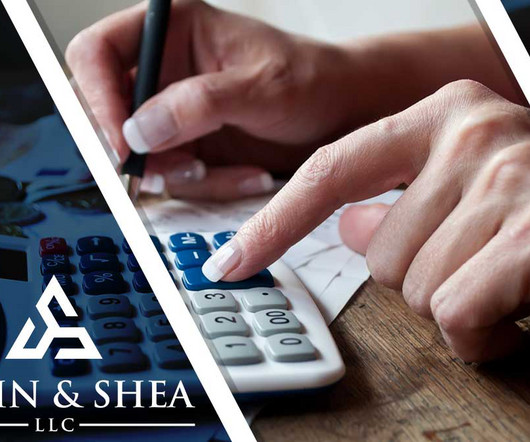

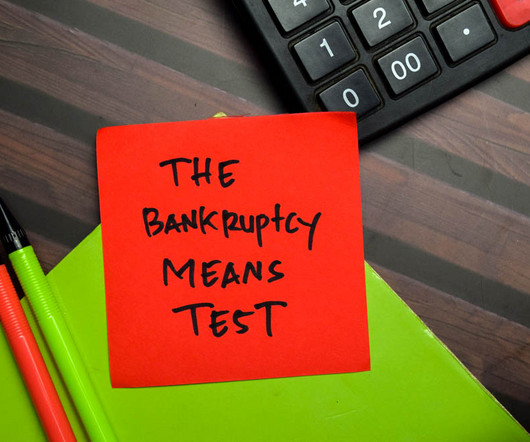












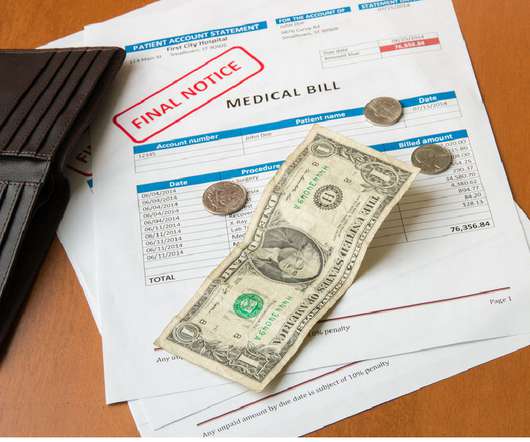

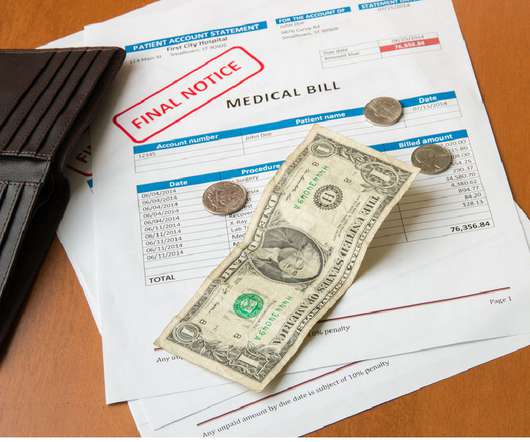



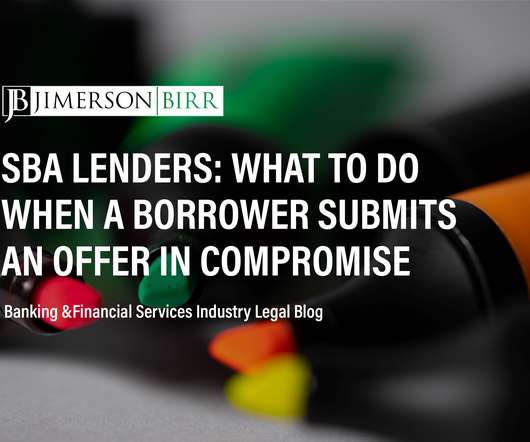


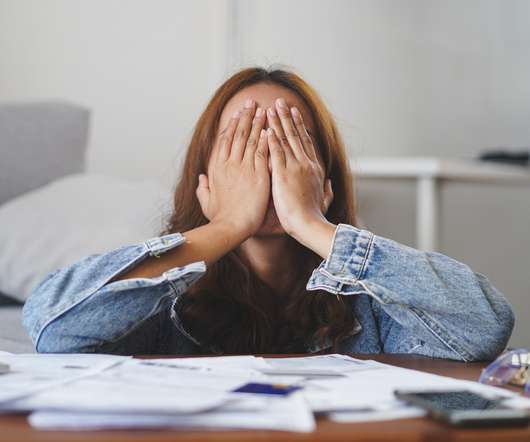
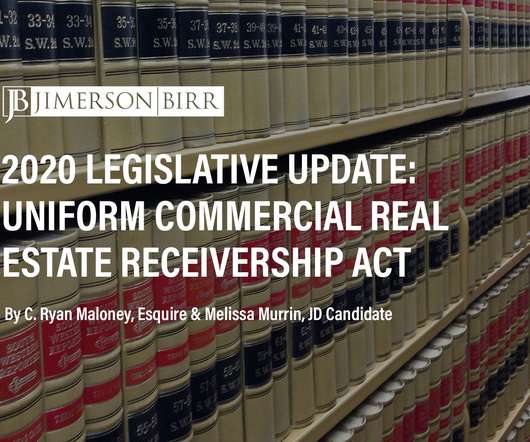







Let's personalize your content